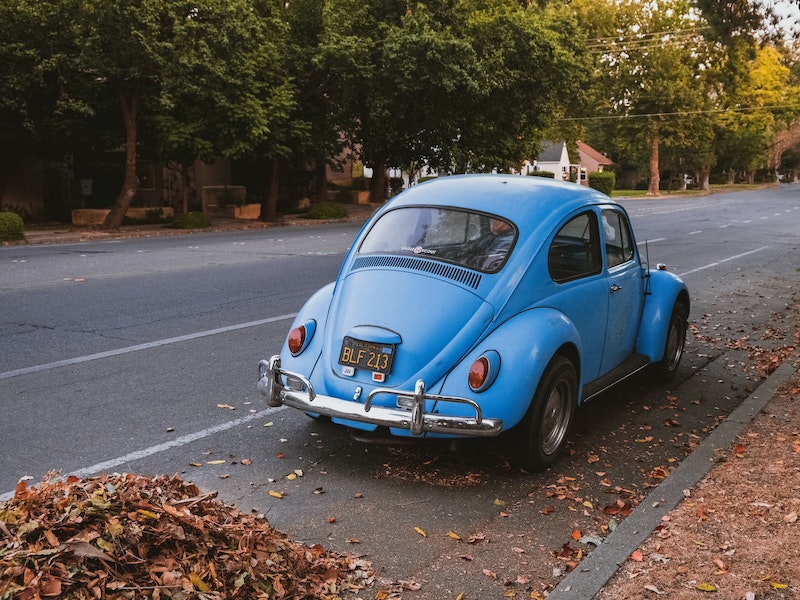Actual cash value (ACV) is the amount an insurance company decides your car is worth at the time of an accident, factoring in your car’s depreciation over time.
What is Actual Cash Value?
Insurance companies use actual cash value, or ACV, when determining a payout after your car is destroyed or damaged—whether it’s stolen, or involved in an accident.
Is there a simple formula to calculate ACV? We’re glad you asked!
ACV = Replacement cost minus depreciation . (Depreciation is the devaluation of the car due to normal wear and tear.)
Okay, you say, but what is “replacement cost”? Well, that’s the amount of money needed to replace your totaled car with one of a similar make and model—but without bringing depreciation into the equation. We’ll unpack this all a bit further down.
How does a car insurance company calculate ACV?
When you file an insurance claim after an accident, your insurer determines your car’s value to figure out your payout for repair or replacement under a covered claim.

The insurance adjuster could consult a resource (such as the trusty Kelley Blue Book) for your car’s current value, looking at comparable values in your area. Then they’ll consider the vehicle’s make, model, mileage, and condition before the accident when determining its Actual Cash Value (ACV). The insurance adjuster’s valuation of your vehicle is calculated based on comparable vehicles in your area.
Think of it this way: If you have a 2015 Toyota Camry in Atlanta, GA and that same 2015 Toyota Camry in say, Lincoln, Nebraska, they would not be valued the same. The market value in Atlanta may be higher for the Camry, compared to Lincoln. Ultimately, your car’s ACV is dependent on the market and zip code where the car is kept.
What about depreciation? Your car’s depreciation is the rate at which its value declines over time, usually as a result of age, and wear and tear from use.
Let’s say you purchased a new car a year ago for $20,000. This year you’re in an accident resulting in some damage to your car. Since you bought the car, the make and model has gone down in value, and your car has also depreciated in the year that you’ve driven it. Based on the adjuster’s calculations, the insurance company may say your car’s actual cash value is $15,500, minus any applicable deductible.
The insurance claim would pay for repairs up to this amount of money, but if the cost to fix your car exceeds the ACV, they could declare it a total loss.
If it’s a total loss, this reimbursement might not be enough to pay off your remaining car loan and buy a new car. That said, if you purchased gap coverage, it may cover you for all or some of your remaining balance of your car loan.
What’s a ‘replacement cost’ policy?
Replacement cost policies, more often called ‘stated amount policies,’ are not that common in the auto insurance industry. Essentially they would work by setting a specific amount—say, $65,000—that the insurer would pay if the insured car ends up damaged beyond repair or stolen.
The insurance industry—including Lemonade—more commonly sells actual cash value policies.
Which states currently offer Lemonade Car insurance?
Arizona, Illinois, Ohio, Oregon, Tennessee, Texas, and Washington.
A few quick words, because we <3 our lawyers: This post is general in nature, and any statement in it doesn’t alter the terms, conditions, exclusions, or limitations of policies issued by Lemonade, which differ according to your state of residence. You’re encouraged to discuss your specific circumstances with your own professional advisors. The purpose of this post is merely to provide you with info and insights you can use to make such discussions more productive! Naturally, all comments by, or references to, third parties represent their own views, and Lemonade assumes no responsibility for them. Coverage and discounts may not be available in all states.




